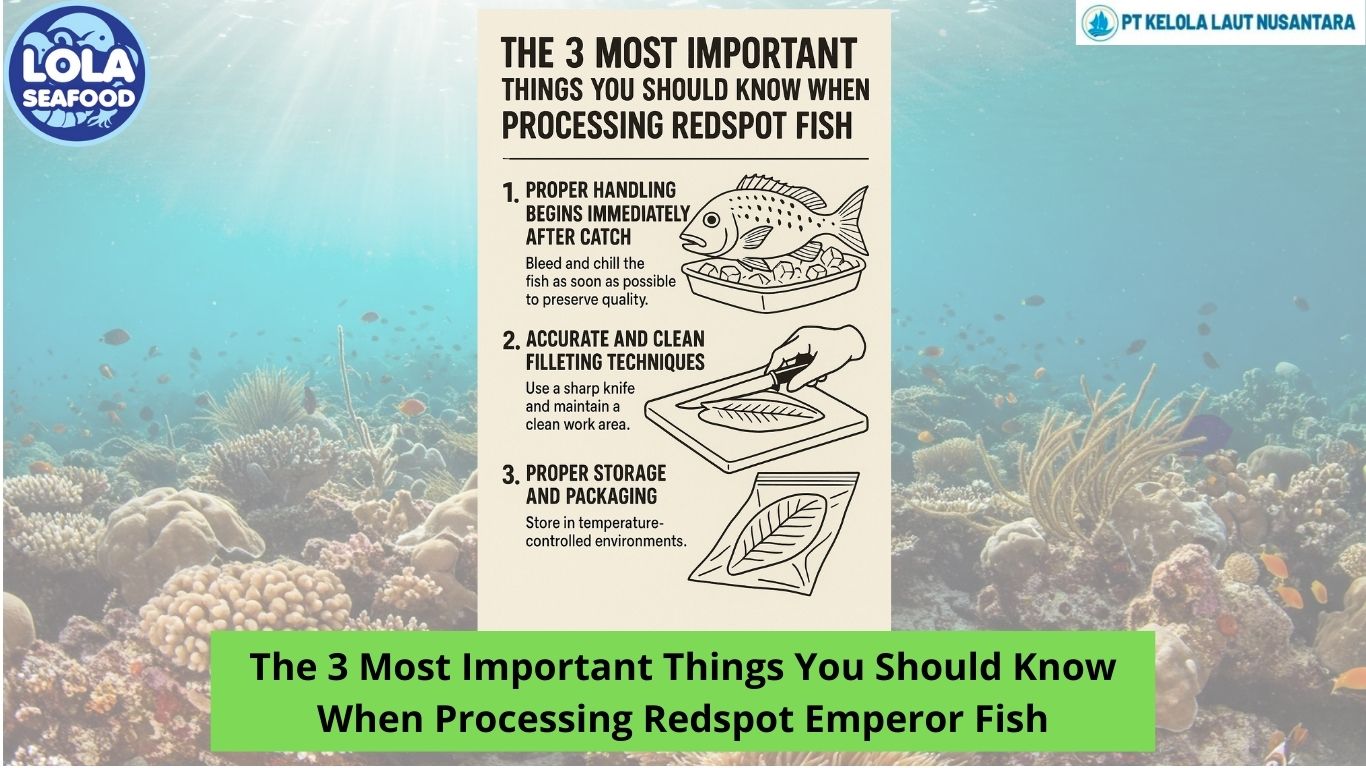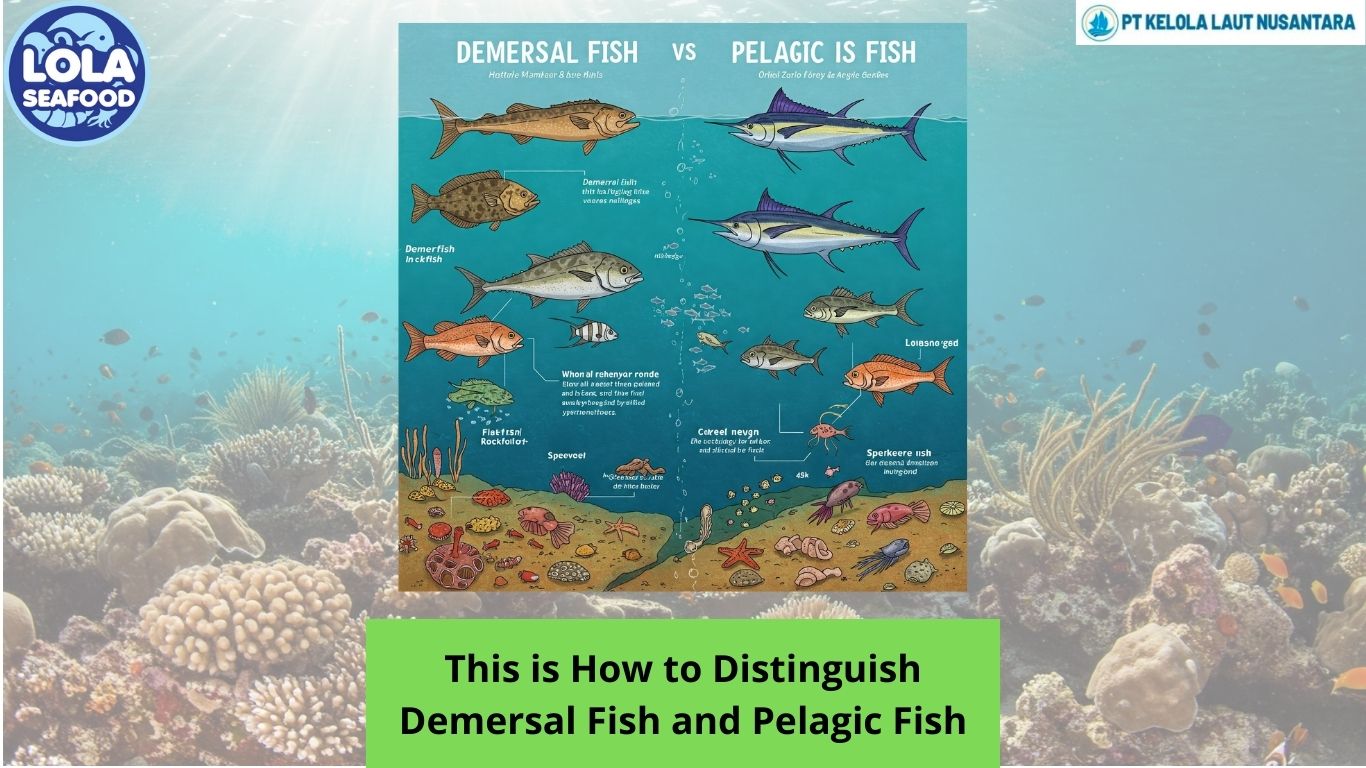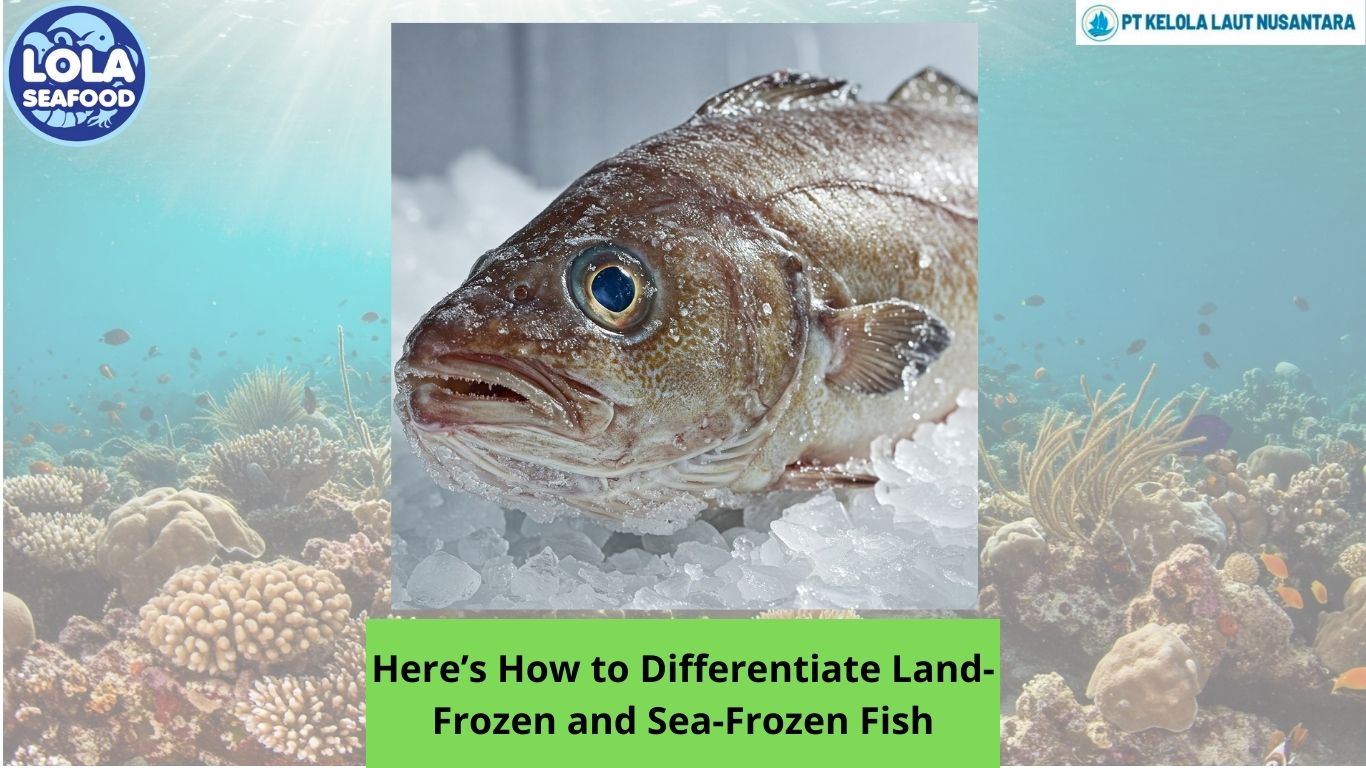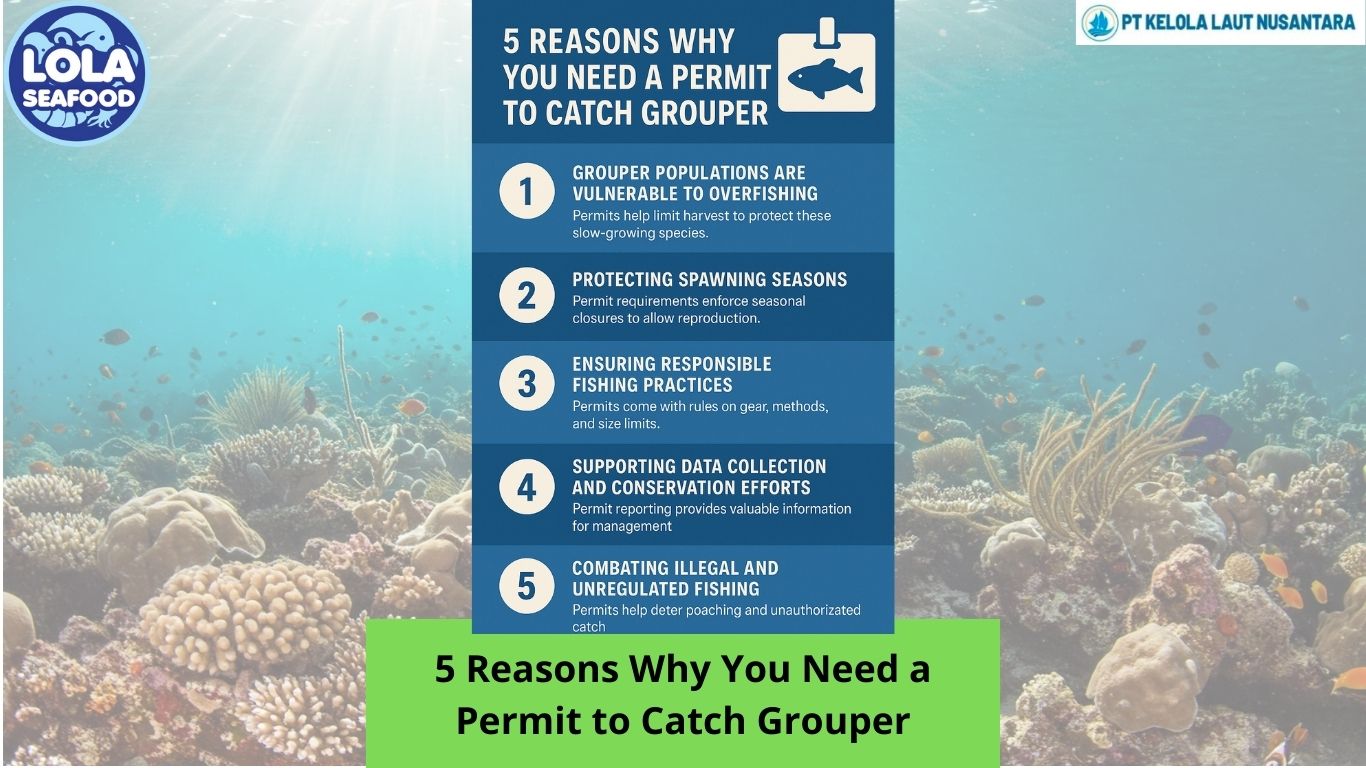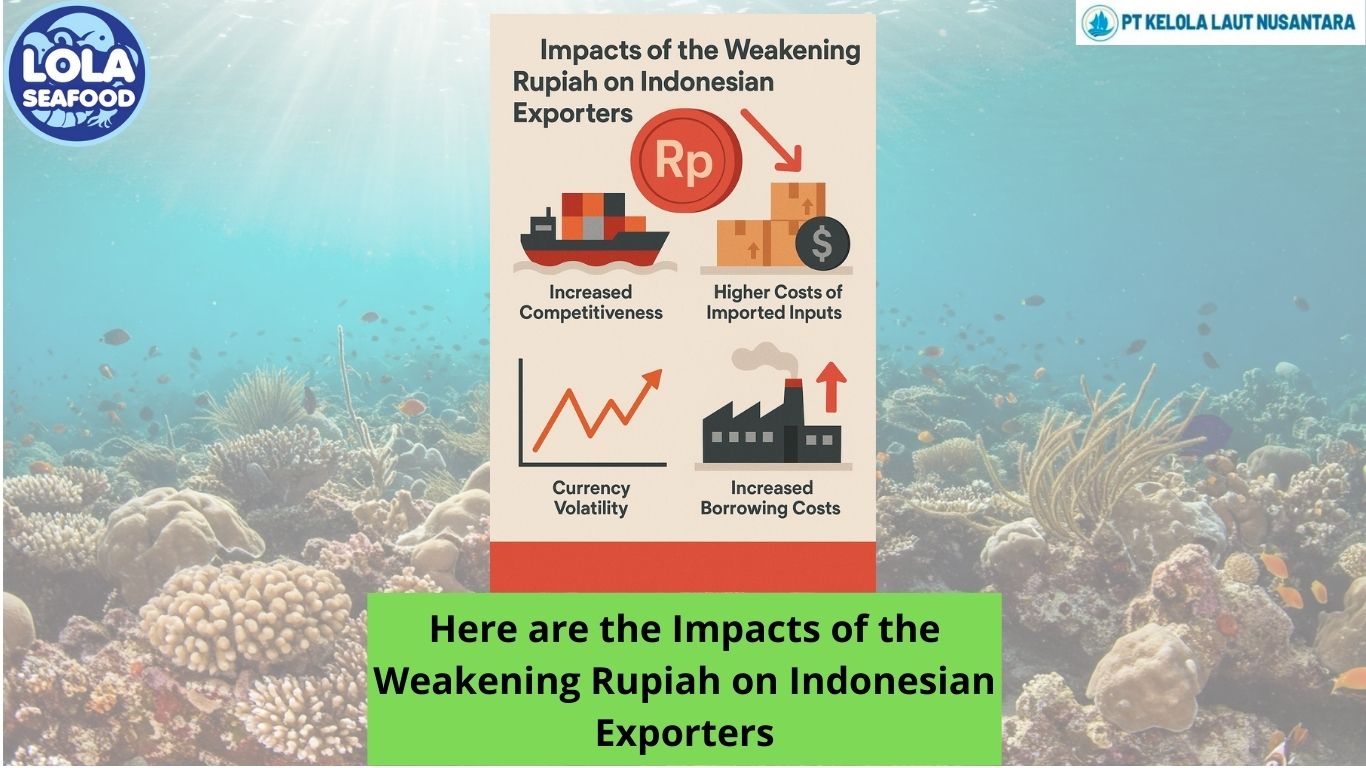7 Reasons Why You Shouldn’t Eat Grouper Often
By. Agung Kurniawan - 07 Feb 2025
Kelolalaut.com Grouper is a popular fish known for its mild, flaky texture and delicious taste. However, despite its culinary appeal, there are several reasons why you should think twice before consuming grouper frequently. From environmental concerns to health risks, here are seven reasons why you should limit your grouper intake.
1. High Mercury Levels
One of the most significant concerns with eating grouper is its high mercury content. Grouper is a large, predatory fish that accumulates mercury over time. Consuming high-mercury fish too often can lead to mercury poisoning, which can cause neurological problems, memory loss, and developmental issues in children and pregnant women. The FDA advises limiting consumption of high-mercury fish to reduce health risks.
2. Overfishing and Population Decline
Grouper is heavily overfished, and many species are now considered endangered or threatened due to excessive fishing practices. The high demand for grouper has led to significant population declines, putting stress on marine ecosystems. Avoiding or reducing your grouper consumption helps promote sustainable fishing and allows populations to recover.
3. Harmful Fishing Practices
Many grouper species are caught using destructive fishing methods like longlines and bottom trawling. These methods not only deplete grouper populations but also damage coral reefs and marine habitats. By reducing your grouper consumption, you can help discourage harmful fishing practices that threaten ocean biodiversity.
4. Risk of Ciguatera Poisoning
Grouper is one of the fish species known to carry ciguatera toxin, which can cause ciguatera fish poisoning (CFP). This foodborne illness results from consuming fish that have accumulated toxins from eating smaller reef fish. Symptoms of ciguatera poisoning include nausea, vomiting, neurological issues, and even temperature reversal sensations (hot feels cold, and vice versa). Since there is no cure for ciguatera poisoning, prevention is key—reducing grouper consumption can lower your risk.
5. High Price and Economic Impact
Grouper is often an expensive seafood choice due to its popularity and declining supply. Restaurants and seafood markets frequently charge premium prices for grouper, making it a costly addition to your diet. Supporting more affordable, sustainable seafood options can help balance consumer demand and reduce pressure on dwindling grouper populations.
6. Bycatch and Marine Life Destruction
When fishing for grouper, a significant amount of bycatch—unintended marine life caught in fishing nets—occurs. This includes sea turtles, sharks, and other fish that are often discarded, injured, or killed in the process. By avoiding grouper, you contribute to reducing unnecessary marine life casualties caused by indiscriminate fishing practices.
7. Availability of More Sustainable Alternatives
There are many fish options that are more sustainable and safer to eat than grouper. Opting for responsibly farmed seafood or species with lower mercury levels—such as cod, tilapia, or wild-caught salmon—can provide similar nutritional benefits without the environmental or health concerns. Checking seafood guides from organizations like the Monterey Bay Aquarium’s Seafood Watch can help you make better seafood choices.
While grouper is undeniably tasty, the risks associated with eating it too often outweigh the benefits. From mercury exposure to environmental damage, limiting your consumption can help protect both your health and the ocean. Choosing sustainable seafood alternatives is a better long-term solution for both consumers and marine ecosystems.
If youre interested in our Grouper Fillet Skinless, Grouper Black Dotted Whole Round, and Grouper Fillet Portion Cut please do not hesitate to contact us through email and/or whatsapp
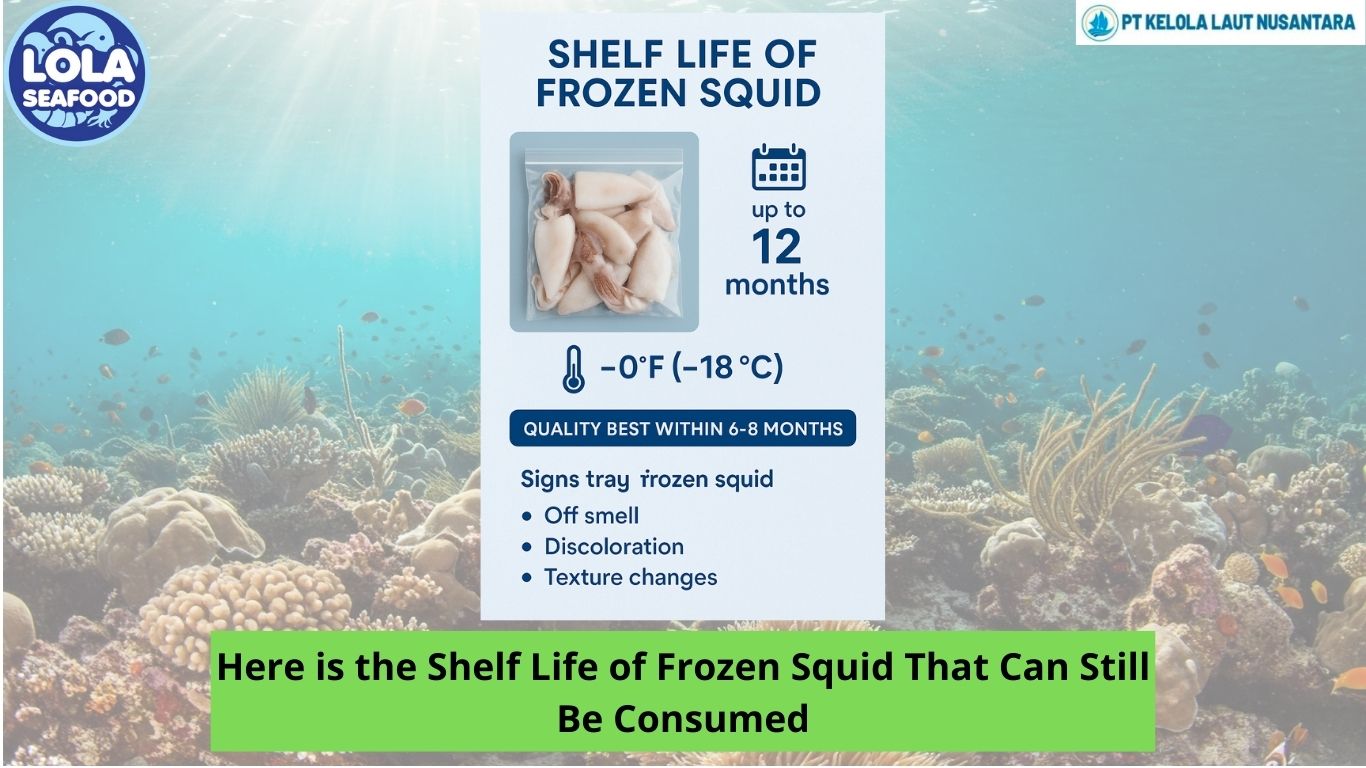
.jpg)
.jpg)
.jpg)
